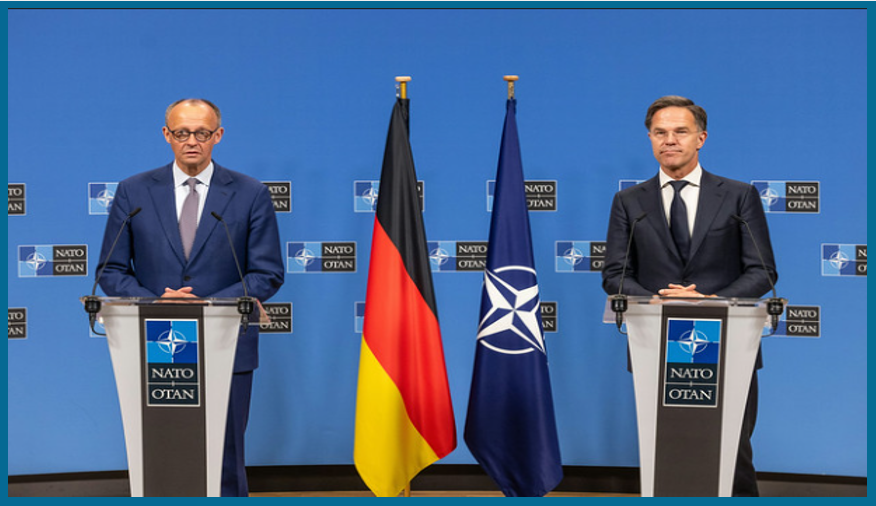BERLIN — German Chancellor Friedrich Merz has called for an immediate and unconditional ceasefire in Ukraine as a necessary foundation for meaningful political negotiations, reaffirming Germany’s commitment to international peacebuilding and multilateral diplomacy.
Speaking alongside United Nations Secretary-General António Guterres at a joint press conference in Berlin on May 14, Chancellor Merz emphasized the urgency of halting hostilities and advancing toward a negotiated settlement.
“We agree that an unconditional ceasefire is urgently needed. On that basis, negotiations toward a lasting peace can begin. We are working to make those talks happen as soon as possible,” Merz stated.
EU Sanctions to Tighten as Pressure Builds on Moscow
Chancellor Merz made it clear that the European Union will continue to escalate pressure on Russia until it engages constructively in diplomatic talks. He confirmed that the EU’s 17th sanctions package is being fast-tracked and will target Russia’s energy exports and financial institutions—core pillars of the Russian economy.
“We’ve asked the European Commission to urgently prepare more effective measures,” Merz said, noting that sustained economic pressure is essential to compel Moscow to consider meaningful dialogue.
The new sanctions are expected to be the EU’s most robust yet, with coordinated action from G7 partners to close loopholes and enforce compliance across international markets.
Diplomatic Opening: Zelensky-Putin Meeting in Istanbul?
Merz also welcomed Ukrainian President Volodymyr Zelensky’s reported plans to travel to Istanbul for a possible face-to-face meeting with Russian President Vladimir Putin—potentially the most direct diplomatic engagement since the invasion began in February 2022.
“Now it’s up to Putin to respond positively to this initiative and agree to a ceasefire,” Merz said. “The ball is entirely in Russia’s court.”
While no official date has been confirmed, Turkey has offered to host and mediate talks. Ankara has previously played a role in brokering partial agreements such as the Black Sea grain deal, now suspended, which had allowed Ukrainian grain exports to continue amid the war.
Germany’s Broader Role in Global Peace and the UN
Chancellor Merz used the occasion to reaffirm Germany’s broader commitment to international peace and security. He announced that Germany will campaign for a non-permanent seat on the United Nations Security Council for the 2027–2028 term, with elections set for June 2026.
“We believe in the UN. For us, this is an investment in a world order based on laws and rights—not on the might of the powerful,” he said. “We need strong institutions, clear principles, and a willingness to take responsibility. Germany is ready to shoulder that shared responsibility.”
Germany remains one of the largest financial contributors to the United Nations and plays a leading role in peacekeeping operations, development aid, and post-conflict reconstruction efforts. The statement came at the conclusion of the UN Peacekeeping Ministerial Conference, hosted in Berlin on May 13–14, where over 80 nations gathered to discuss improving the effectiveness, safety, and sustainability of UN peace operations.
Background: War Enters Third Year
Russia’s full-scale invasion of Ukraine in February 2022 has led to tens of thousands of deaths, massive displacement, and global economic fallout. Despite multiple failed ceasefires and mediation attempts, the war shows few signs of de-escalation, and both sides have prepared for prolonged confrontation.
Chancellor Merz, who assumed office following the resignation of Olaf Scholz, has pledged a more assertive foreign policy, closer transatlantic alignment, and greater German leadership within the EU.
His remarks signal Berlin’s renewed push to balance hard pressure on Moscow with openings for diplomatic resolution—a strategy increasingly embraced by key NATO and EU allies.
NATO Secretary General Mark Rutte and Chancellor Friedrich Merz Picture by Nato on Flickr



